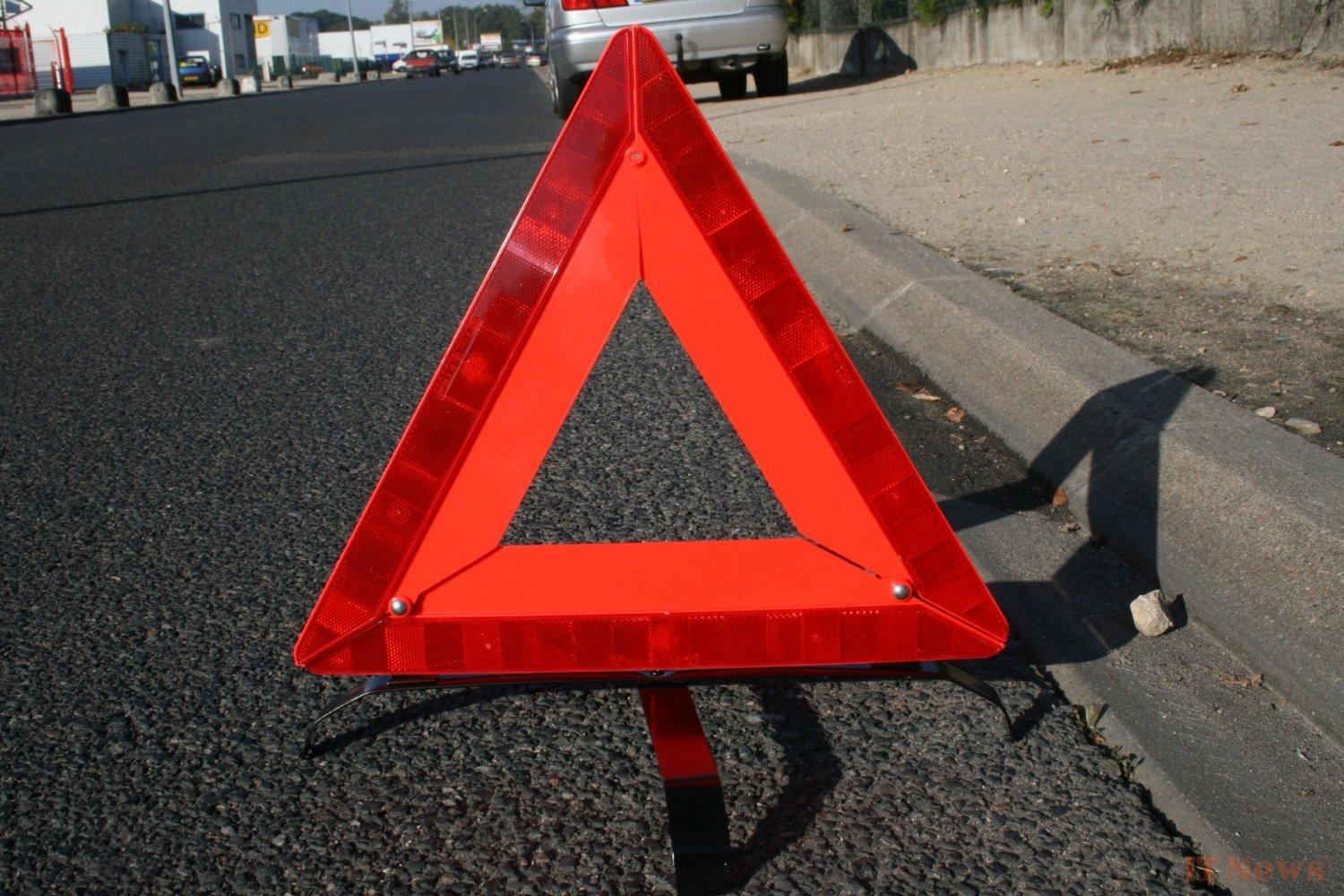The current scam takes the form of a fake promotion: a car repair kit, presented as free, provided you pay a few euros for shipping. This type of message is rife on social media, in email inboxes, or as pop-ups on dubious websites. It is supposedly a civic gesture supported by a recognized authority, such as the Ministry of Transport or Vinci Autoroutes.
An offer too good to be true
"We would like to offer you a unique opportunity to receive a brand new Car Emergency Kit! To get it, simply complete this short survey," promise the fraudulent pages identified by the site Signal-Arnaques. The argument is simple: the kit allegedly contains useful, even mandatory, items for motorists (reflective vest, triangle, survival blanket, etc.) for a handful of euros.
Except that this good deal hides a much more lucrative mechanism... for the scammers.
The process is always the same: the victim clicks on the link, answers a rather useless questionnaire, then is asked to pay 2 to 3 euros for delivery. To do this, they provide their bank details. At this point, the scam is already underway.
Unknowingly, the user has authorized a subscription to an invisible service, billed between 30 and 60 euros per month. "Regular withdrawals are then made, often under obscure labels, to avoid attracting attention," explains Signal-Arnaques. The process is well known: we're talking about "hidden subscriptions," a technique already used in fraudulent campaigns for weight-loss products or connected gadgets.
This scam isn't new, but it's been experiencing a resurgence in activity over the past six months, with a sharp increase in reports in France. Vinci Autoroutes was forced to issue a warning in January, reminding everyone that no emergency kit distribution operation was underway. "Fraudulent emails impersonating Vinci Autoroutes are circulating," the company said, adding that it had filed a complaint.
If you've been scammed, it's important to act quickly. The first step is to contact your bank to block the direct debits. Then, report the suspicious site or message to signal-spam.fr and file a complaint with law enforcement. The more cases are documented, the more authorities can hope to trace the networks behind these campaigns.
In the meantime, a good habit to adopt: be wary of offers that are too tempting, especially when they are presented as "urgent," "free," or "exclusive." Especially if they require payment, however small.



0 Comments